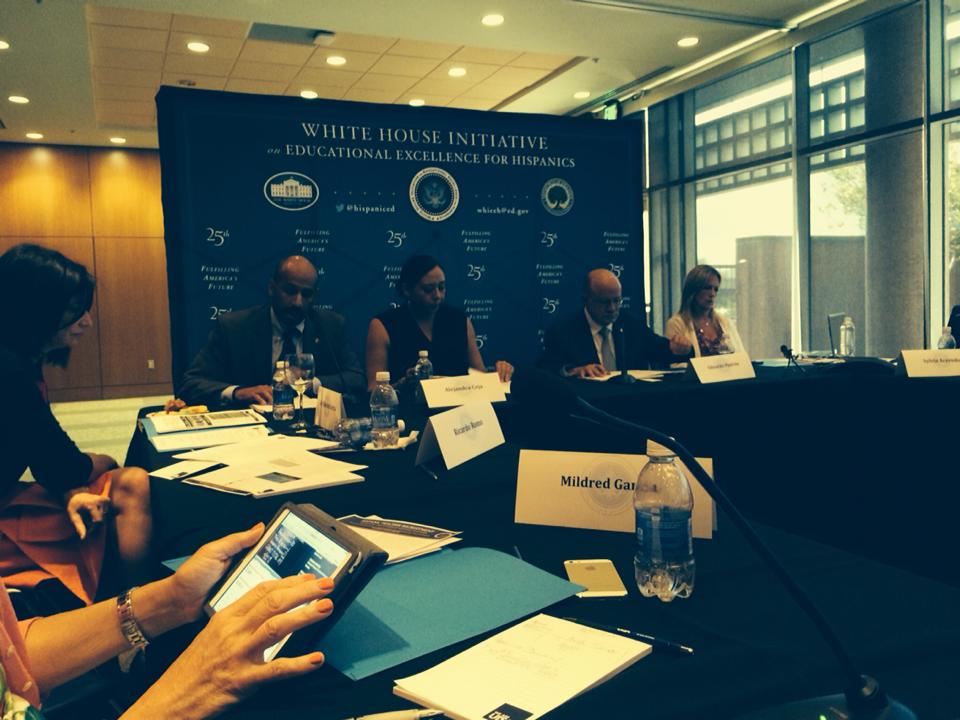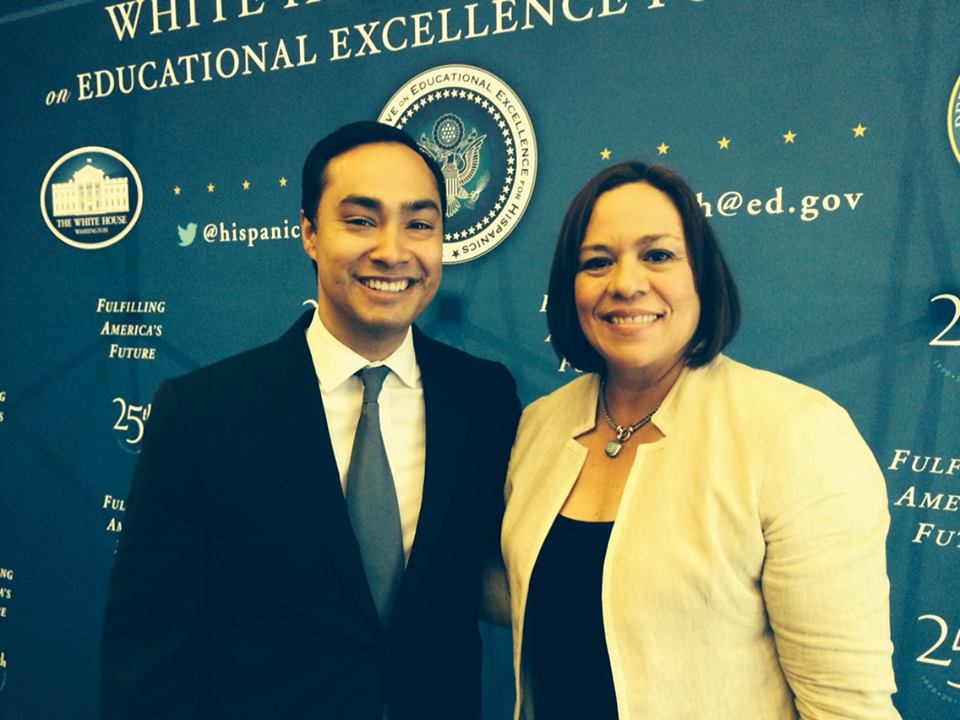I’ve spent the past two days in San Antonio, Texas participating in a meeting of the White House Commission on Educational Excellence for Hispanics. As a member of the Early Education Subcommittee, I have spent a lot of time talking to my fellow commissioners about models and best practices to ensure all young people–regardless of race or socioeconomic status–receive high-quality early education.
Too often, the debate about closing the achievement gap and increasing access to quality early childhood programs is framed in moralistic terms. It becomes a debate about “haves” and “have-nots,” as opposed to focusing on the broader social implications of not addressing the fundamental inequality found in our early childhood education system. The consequences of not addressing these issues go far beyond the civil rights or social ramifications that are regularly the focus of these discussions.
One of my goals as a Commissioner (focusing on national Education Policy) and a Councilmember (focusing on a broad range of local public policy issues) is changing the narrative about how we talk about certain issues. I encourage an “opportunity model” where we focus on young peoples’ strengthens, as opposed to the more common “deficit” model that focuses on the “challenges” of educating a more diverse student population. Similarly, eliminating the achievement gap and preparing the workforce of the future is more than just an “equity” issue. It is the key economic issue of our time. Here’s why:
1) Eliminating the Achievement Gap is a socioeconomic imperative. Of all the developed countries in the world, the United States is the only one with a growing aging population and a growing young population. All other developed countries have the aging population, but not the young population growth. The reason for the young population growth is the birthrate of Latino Americans. If Latino children are not prepared to enter the workforce, who will be there to pay into Social Security for older Americans? We need to make sure all children have the skills they need to find good paying jobs that will contribute to all of our economic well-being.
2) Eliminating the Academic Achievement Gap is the only way to maintain our global competitive edge. We should not submit to the notion that our workforce will be imported. India and China are basically our global competitors and we have lost our innovative edge, due to our complacency regarding the Achievement Gap. Importing talent is not a solution for increasing economic productivity and is certainly not a way to promote economic opportunity for children growing up in the United States. We live in a different world than our parents did, but our education system and workforce development pipeline continues to lag behind the times. Children growing up in Los Angeles, Montgomery County and anywhere in between deserve the same educational and workforce training opportunities their peers around the world are receiving. That is the only way the United States can remain the dominant economic super power.
3) Eliminating the Academic Achievement Gap is vital to our National Security. While education policy and national security don’t at first glace seem connected, their interconnectedness can’t be overstated. If our military can’t recruit qualified individuals, they can’t execute their mission to keep our country safe. If young people don’t have the educational tools to even pass the entrance exams, how can we have a strong national defense? With people of color now making up the majority of the population in our schools, it is more important than ever to make sure all students–regardless of race or socioeconomic status–have the opportunity to be successful.
This narrative shows that investing in Early Education is the best approach for a stronger return on investment. Waiting until a student is in middle school or even kindergarten is already too late. Quality early childhood education for all is essential to our nation’s economic and national security. Making these necessary investments should be bipartisan because both Democrats and Republicans agree on wanting a prosperous nation. We should stop referring to this issue as a matter of “Civil Rights” or a moral imperative. It’s not a “nice to have for some,” but a “must have for all.”



